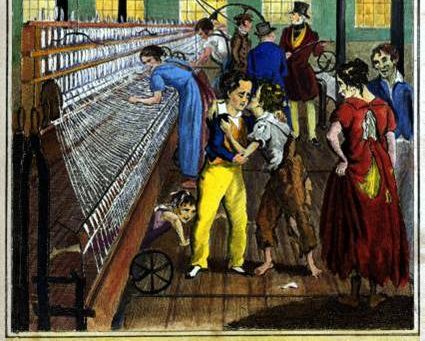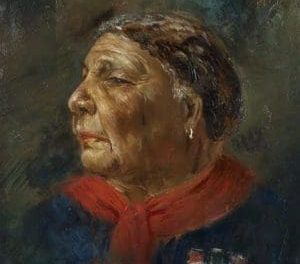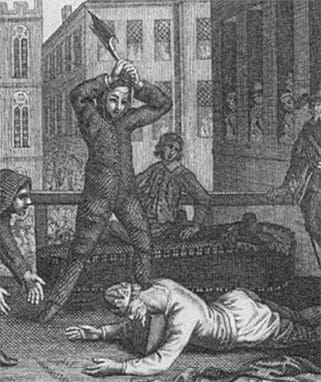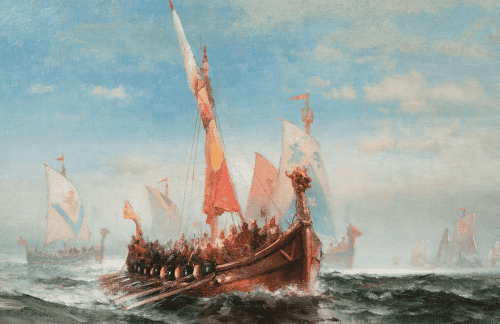
1. Was Alfred born to be king?
An unlikely ruler for a start. Although he was the son of the king of Wessex, Æthelwulf, who had himself inflicted a famous defeat on Viking forces at the Battle of Aclea in 851, Alfred was the youngest of five brothers, and therefore fifth in line to the throne.
2. So why did he become king
The throne was nevertheless achieved in in 871, when the last surviving of Alfred’s brothers, Æthelred, died a few months after the Battle of Ashdown.
3. Was he always a tough soldier?
Alfred’s biographer Asser, a Welsh monk, depicts Alfred as the favourite, most studious child. He also tells us that, starting a few years before he became king, Alfred suffered from a mysterious yet distressing illness.
4.Did he win almost all his battles as Asser tells us?
No, following conflict in Dorset and Devon, at the beginning of 878 Alfred was forced to flee with his family and only a small force, to the Somerset marshes after a surprise attack by Vikings
5. Where do we get the story of Alfred and the cakes from?
The legend of Alfred absentmindedly burning some cakes, while pondering his kingdom’s predicament, relates to this time spent in the marshes. He established himself at Athelney, essentially an island in the marshes, where he is believed to have gathered his strength and engaged in guerrilla warfare against the Vikings. Alfred later founded an abbey on this site which had provided him with sanctuary at his lowest point.
6. How did Alfred beat off this Viking threat and save England?
The crucial turning point in Alfred’s conflict with the Vikings came in May 878 when he defeated the Viking forces led by Guthrum, who had taken control of East Anglia, at Edington. (see my other blogs on this)
7. Why was this battle significant?
A treaty with the Vikings dividing the country and Guthrum’s conversion to Christianity
8. What else did Alfred achieve apart from halting the Viking advance?
The implementation of a system of burhs (Old English for a fortified town or site), as a means of defence against the Vikings, is seen as one of Alfred’s great political achievements. These fortresses probably also had a commercial or market function. Another of Alfred’s military strategies was to increase his naval forces in order to counter the Vikings more effectively. The Anglo-Saxon Chronicle describes Alfred ordering new ‘long-ships’ to be built in 896. These were ‘nearly twice as long as other ships . Alfred encouraged a literary revival during his reign, with the production of new works alongside the translation of others from Latin into the Old English vernacular, some perhaps translated by the king himself. The next wave of Viking attacks, in the 890s and towards the end of Alfred’s reign, were seen off with greater ease – due, in part, to these infrastructural developments
9. Why has Alfred got such a good reputation today?
This was assisted by the fact that Alfred certainly gets good publicity from his biographer Asser: most other Anglo-Saxon kings do not have the benefit of a biography! As a result, one of the reasons Alfred has been viewed as a great and noble leader is simply because he and his circle have told us that he was.
10. So does Alfred deserve to be remembered as saving England from the Vikings?
There was no England when the Great Army landed, and the phenomenon we have come to think of as the Vikings never really existed.But this does not mean that what happened from 865 to 880 was not tremendously significant, and it does not mean that neither Alfred nor the army he faced was ‘great’.








